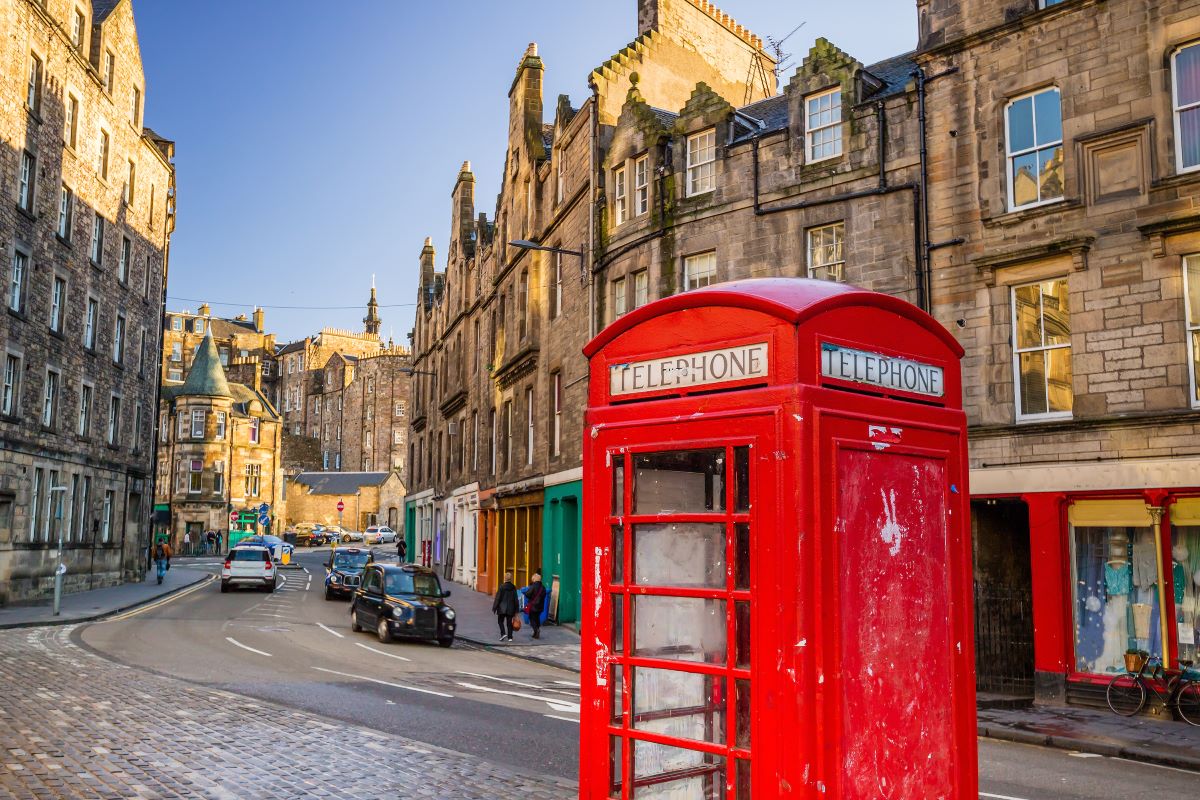Britain has long been a nation of proud traditions, iconic innovations, and a unique culture. However, as times change, so too does the focus of national pride. Here’s a look at 21 things the UK once held in high esteem, which now seem to stir less affection or have fallen out of favour.
1. Manufacturing Prowess

Once the workshop of the world, British manufacturing led the industrial revolution with its steel, coal, and textiles. Today, much of this industry has declined or moved abroad, leaving a nostalgic echo of its former might.
2. The British Empire

At its peak, the British Empire was the largest in history and a source of immense national pride. Today, the legacy of the Empire is viewed through a critical lens, acknowledging its many associated injustices and impacts on colonised countries.
3. Stiff Upper Lip
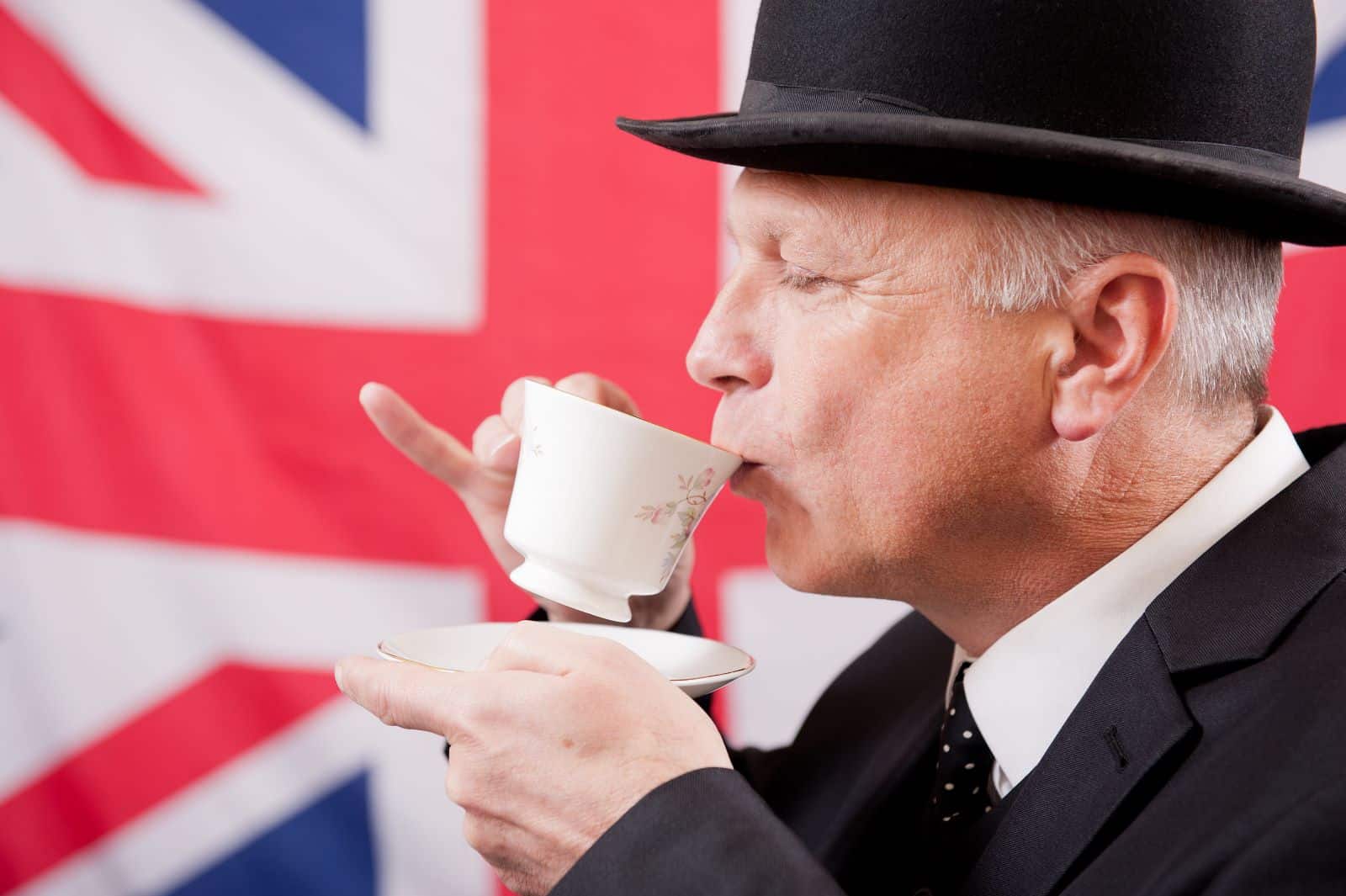
The famed British stoicism and emotional restraint, epitomised by the “keep calm and carry on” mentality, is often now critiqued as emotionally repressive and outdated in a society that values open emotional expression and mental health awareness.
4. Class System

While class distinctions have been a defining feature of British society for centuries, there’s been a significant shift in attitude. Pride in one’s class status has waned, with increasing criticism of the inequalities and barriers the system perpetuates.
5. Unquestioning Support for the Monarchy
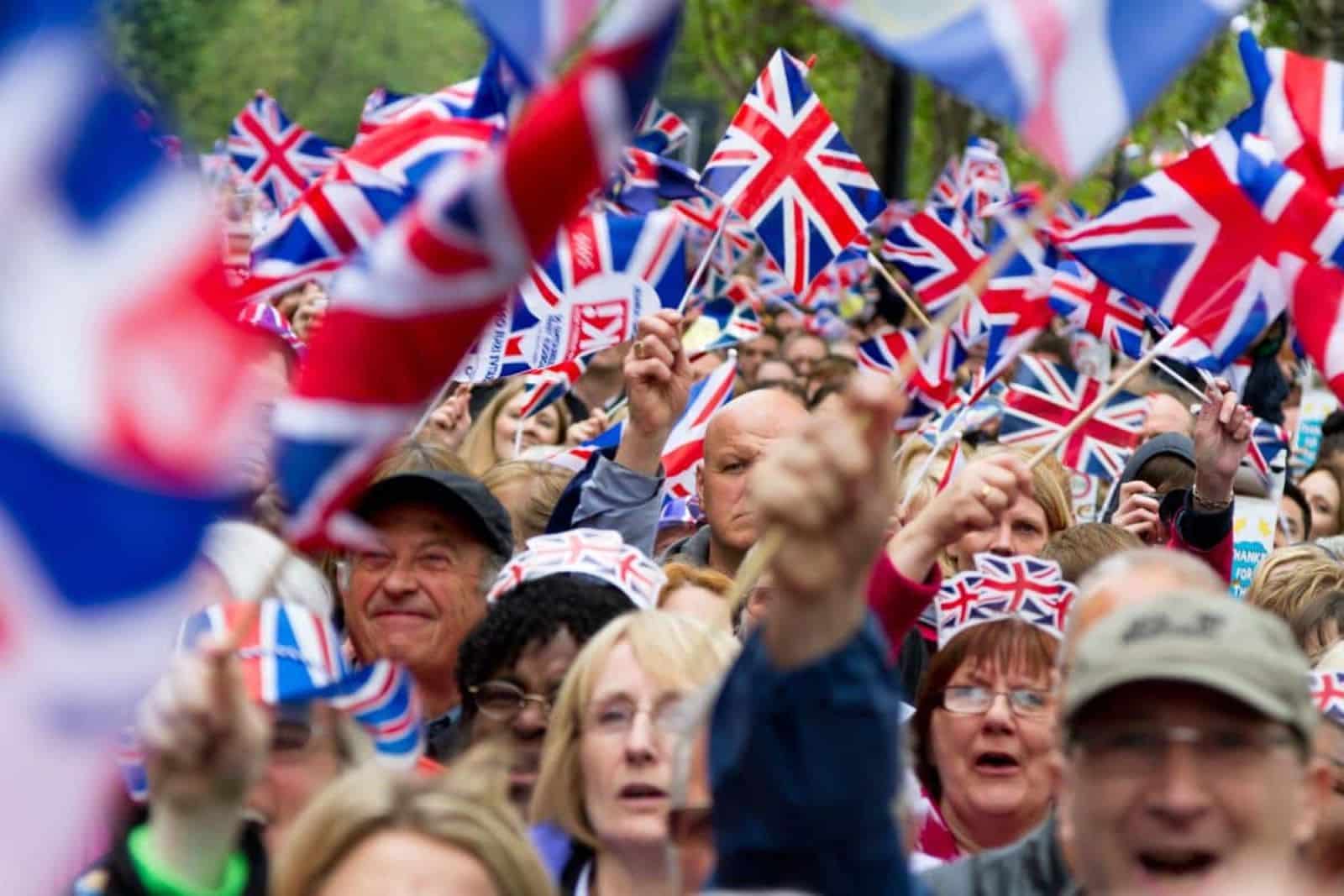
Although still popular, the British monarchy no longer commands the universal reverence it once did, with increasing debates about its role and cost in modern democratic society.
6. British Cuisine

Traditional British dishes like jellied eels, liver and onions, or overboiled vegetables were once staples, but today, they’re often joked about rather than celebrated, replaced by a more cosmopolitan palate.
7. Pub Culture

While still cherished, the traditional pub is under threat from changing social habits, economic pressures, and a shift towards more health-conscious lifestyles.
8. Coal Mining

Once a source of national pride and local community identity, the decline of the coal industry is now often seen in the context of environmental impact and the loss of working-class jobs.
9. Heavy Drinking Culture

What was once viewed as a harmless part of British life is now increasingly seen as a social issue, with greater awareness of the health risks associated with heavy drinking.
10. National Service

Mandatory military service helped shape many young men in the post-war era. Its discontinuation and the shift in views on military conflicts have made this a relic of the past rather than a point of pride.
11. Iconic Red Telephone Boxes

These symbols of British design are disappearing from the streets, made obsolete by mobile technology and often seen as more of a quaint relic than a source of national pride.
12. Concorde

The Concorde was a symbol of technological excellence and luxury travel but following its retirement, it also became a symbol of unsustainable extravagance.
13. British Comedy

Classic British comedy was once a source of national pride, but some past favourites now draw criticism for dated attitudes or offensive content by modern standards.
14. The ‘Special Relationship’

The term used to describe UK-US relations, once a cornerstone of British foreign policy, now often prompts skepticism and concerns about being America’s subordinate.
15. Banking Sector
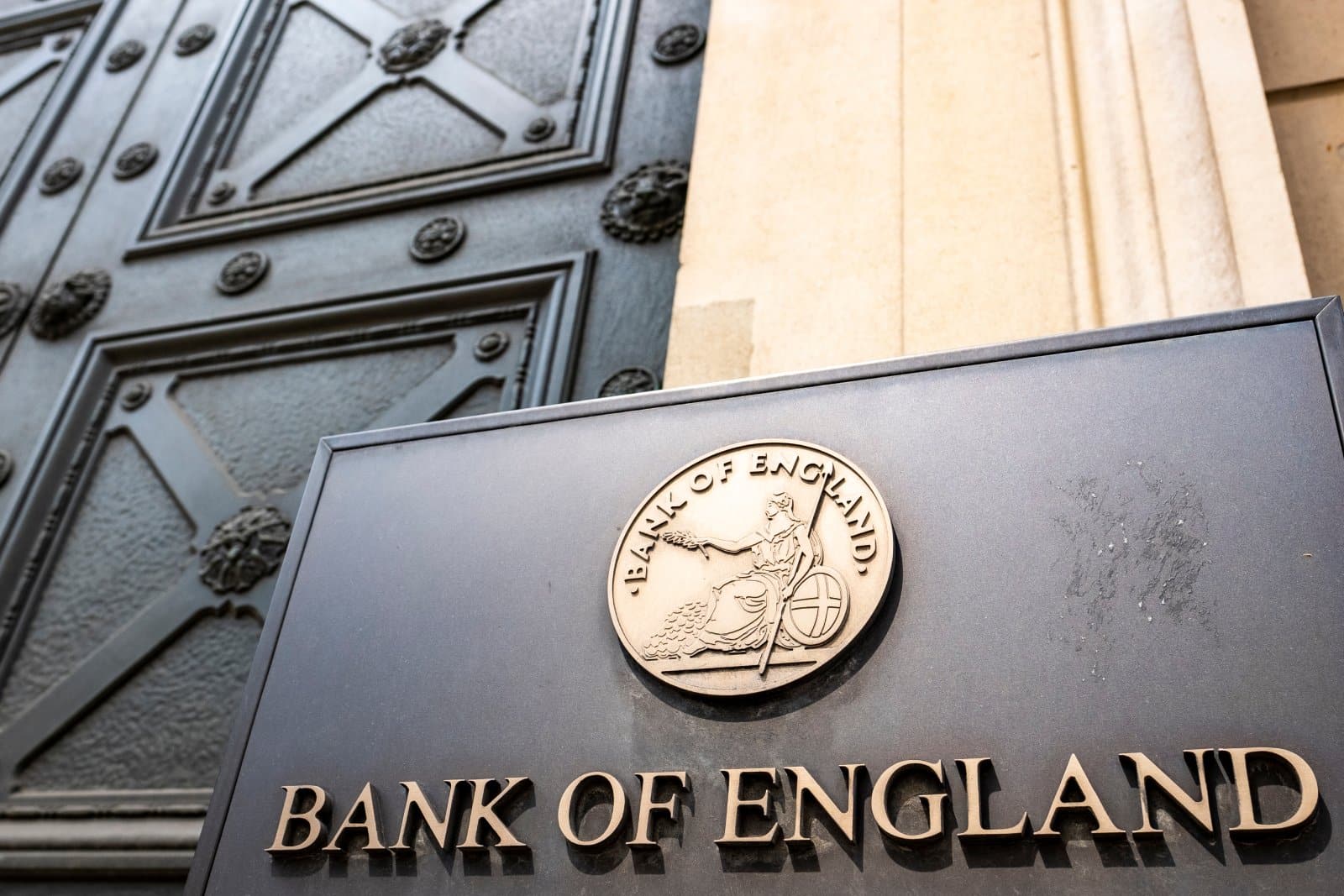
Once viewed as the stalwarts of the British economy, perceptions changed dramatically after the 2008 financial crisis, with much of the sector now viewed with distrust.
16. British Cars

Brands like Rolls-Royce, Bentley, and Jaguar defined luxury, but the decline of British-owned car manufacturing has tarnished this once gleaming sector.
17. Tabloid Press

The British tabloids, once considered a guilty pleasure, are now frequently critiqued for their role in sensationalism and invasion of privacy.
18. Imperial Measurements

While some still cling to pints and miles, the metric system has become the standard in education and industry, making imperial measurements a confusing anomaly rather than a point of national pride.
19. The High Street

Once the bustling heart of every town, many high streets now struggle with vacant shops and economic decline, overshadowing their former glory.
20. British TV Exports

Classic British TV was once eagerly exported and globally celebrated. Today, while still significant, it faces much stiffer competition and critiques of quality and originality.
21. Fishing Industry

Historically central to many coastal communities, the British fishing industry’s struggles post-EU and ongoing disputes have diminished its stature at home and abroad.
Final Thoughts
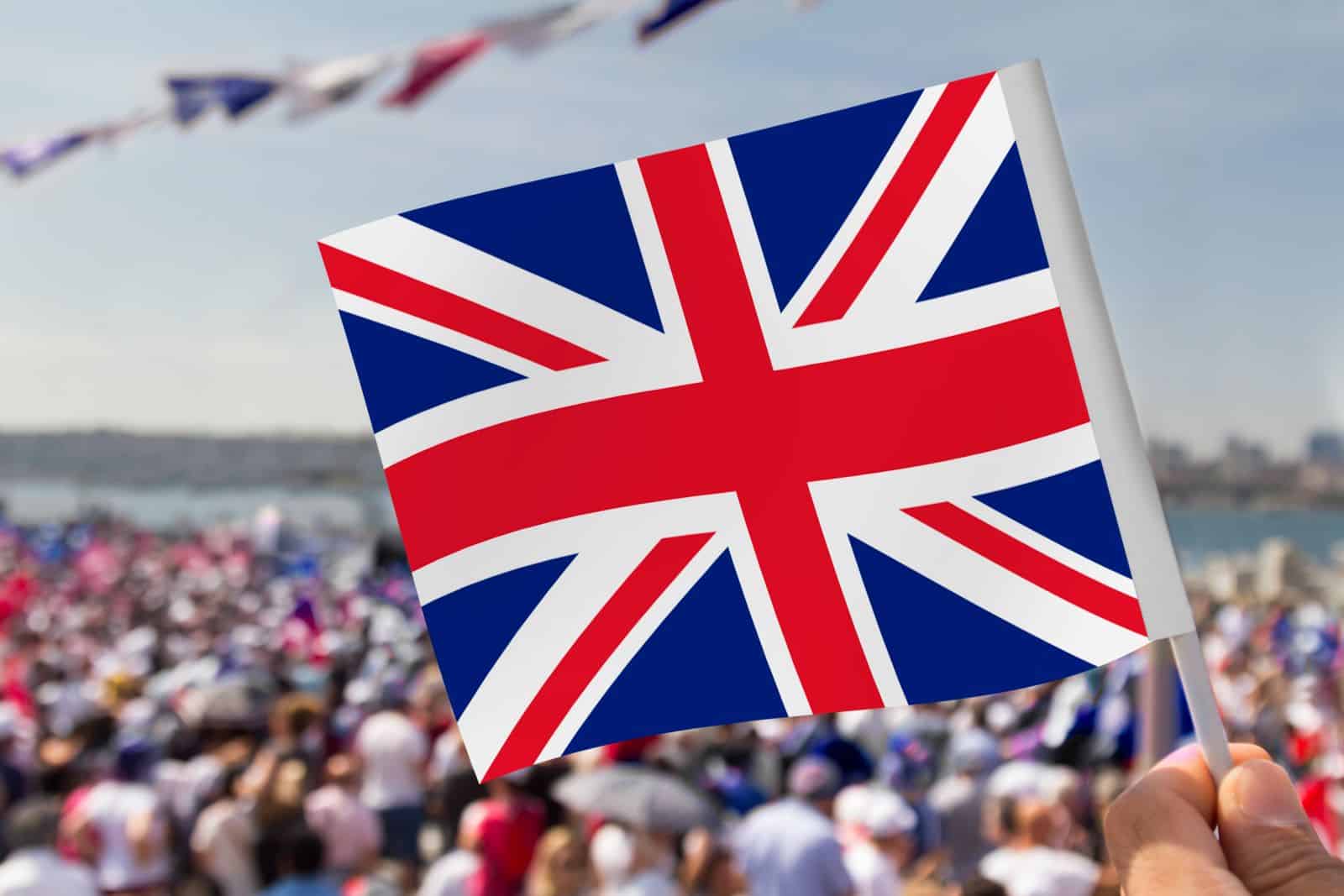
Reflecting on these shifts provides not just a sense of what has been lost but also what has evolved. As the UK continues to redefine itself on the global stage, perhaps new sources of pride and identity will emerge to replace those that have faded.
Featured Image Credit: Shutterstock / f11photo.
For transparency, this content was partly developed with AI assistance and carefully curated by an experienced editor to be informative and ensure accuracy.

